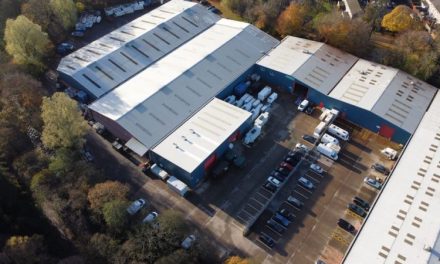Research from Schneider Electric has found that 62% of UK homeowners are looking for ways to reduce the amount of energy they use – and are willing to spend an average of £1,551 on home energy efficiency upgrades or improvements (a £300 year-on-year increase).
However, many are struggling to track progress – making any green new year’s resolutions they might have tricky to stay on top of.
Schneider’s Powering Change Report surveyed over 2,000 UK consumers earlier this year and revealed that 79% and 69% say energy efficiency and reducing their carbon footprint are important to them, respectively.
Many of us would consider or have already done the following things to improve energy efficiency at home:
· Turning off lights / electrical devices when not in use (89%)
· Installing energy efficient windows / insulating the home (81%)
· Upgrading to energy-efficient home appliances (80%)
· Installing a smart thermostat to improve energy efficiency (69%)
· Using fewer electrical devices / appliances in the home (67%)
· Installing solar panels or other renewable energy sources (63%)
· Using an electric heat pump to replace a gas boiler (57%)
However only 33% think smart home devices are an easy way to reduce their energy use, with 54% perceiving them to be expensive. Experts at Schneider believe that digital technology is essential to achieving smart, Net-Zero homes with more control over energy bills. We’re missing a trick in not tracking and troubleshooting our energy consumption.
Nico van der Merwe, VP of Home and Distribution at Schneider Electric UK and Ireland, said: “With energy prices set to soar and many of us spending more time at home, we expect to see more consumers looking for ways to reduce their energy consumption in the new year. One of the easiest and quickest ways to address this is through digital devices like smart thermostats and smart home energy systems. It is difficult to change your behaviour if you don’t see the impact that even small changes are making. The in-home display on a smart meter, for example, is an easy way to track energy usage and receive day-to-day feedback. And if everyone took bite-size steps to become more energy efficient, it would be a collective big step forward to reducing our national carbon footprint.”





